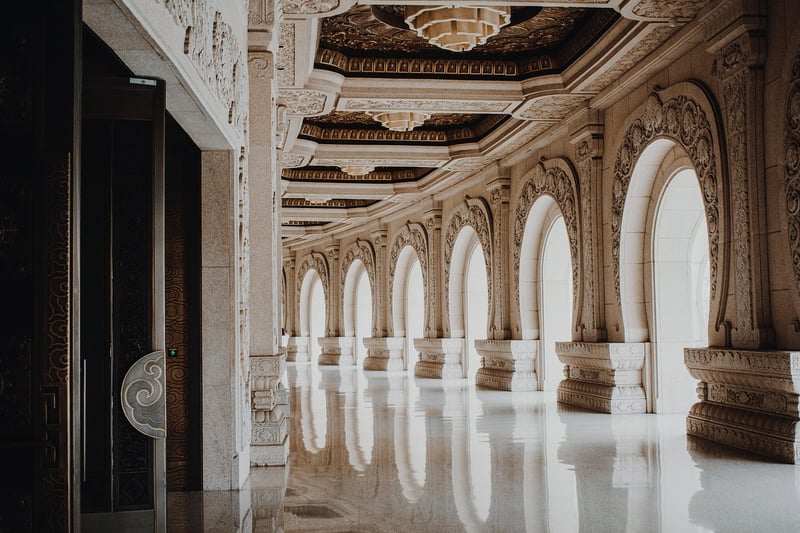Changing History
The Moral Implications of Changing History
History is a tapestry woven by the actions and decisions of individuals and societies across time. It shapes our present and future, providing insights into our collective past. However, the concept of changing history raises intriguing moral questions that challenge our understanding of ethics and responsibility.
Why Change History?
People often contemplate altering historical events for various reasons. Some may seek to correct past injustices, prevent tragedies, or create a more favorable outcome. The allure of changing history lies in the belief that it can lead to a better world.
Moral Dilemmas
While the idea of rectifying past wrongs may seem noble, it raises significant moral dilemmas. Who has the authority to decide which events should be altered? What are the unintended consequences of changing history? Is it ethical to manipulate the past to serve present interests?
Impact on Identity and Culture
History forms the foundation of our identity and culture. Altering significant historical events could distort our understanding of who we are and where we come from. It may diminish the richness and diversity of human experiences that have shaped our present reality.
Ethical Considerations
Changing history raises ethical considerations regarding truth, justice, and accountability. By altering the past, we risk erasing valuable lessons and denying the impact of past actions on current circumstances. It challenges the authenticity of our shared narrative and undermines the integrity of historical records.
The Butterfly Effect
The butterfly effect, a concept from chaos theory, suggests that even small changes in the past can have profound and unpredictable effects on the future. Altering one event could set off a chain reaction of unintended consequences, leading to unforeseen outcomes that may be far worse than the original timeline.
Conclusion
As we navigate the complex terrain of history and morality, the question of changing history remains a philosophical conundrum. While the temptation to reshape the past is compelling, we must tread carefully, mindful of the delicate balance between preserving the integrity of history and acknowledging the moral weight of our actions.

Exploring the moral implications of changing history challenges us to reflect on the intersection of ethics, identity, and the enduring legacy of human civilization.
